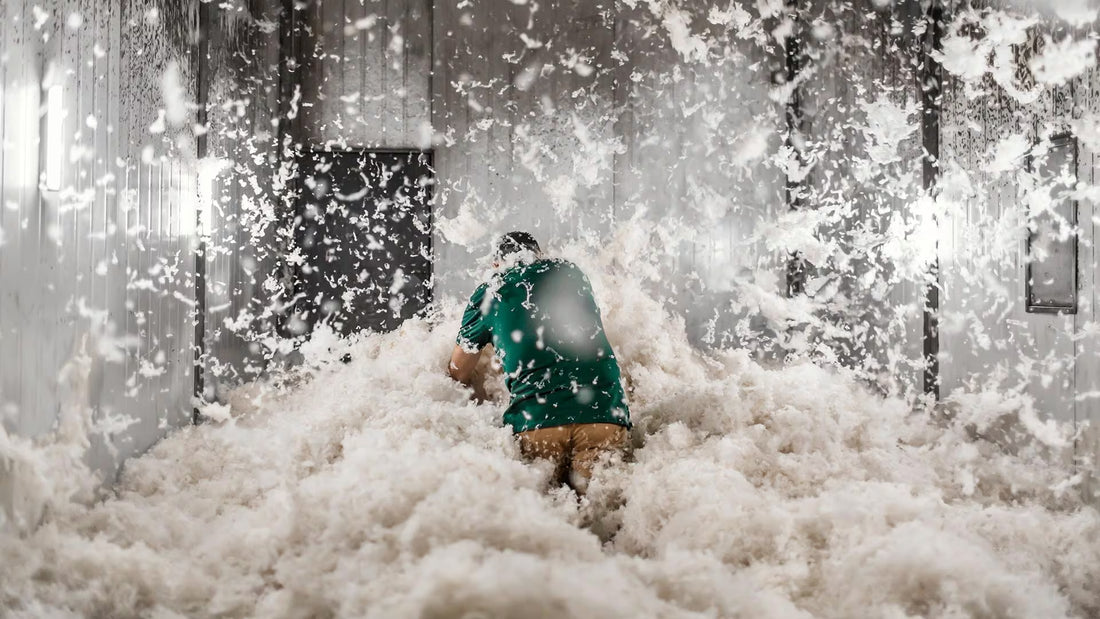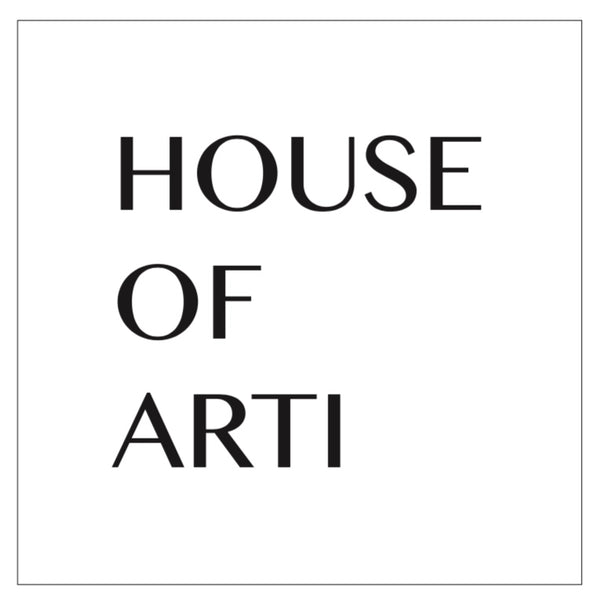
What Does Ethical Fashion Mean?
Share
Have you ever encountered a fashion brand claiming to be “ethically made” and wondered what that means? Does it involve fair wages for workers or ensuring that no child labour is involved in the production? If you’re curious about what ethical fashion entails, this article will guide you through the key aspects and importance of ethical fashion in today’s world.
Definition of Ethical Fashion
Ethical fashion refers to a design, production, and consumption process that prioritises the well-being of people and the planet. It ensures that the entire fashion supply chain—from sourcing materials to manufacturing, distribution, and disposal—upholds ethical standards. This includes fair labour practices, sustainable sourcing, and consideration for environmental impact.
Why Is Ethical Fashion Important Today?
The fashion industry is one of the largest and most influential industries globally, but it is also a significant contributor to environmental degradation and human rights violations. Ethical fashion is important today because it seeks to address these issues by promoting practices that are fair, sustainable, and environmentally friendly. By choosing ethical fashion, consumers can support brands that value human rights and the health of the planet, leading to a more just and sustainable fashion industry.
What Does Ethical Fashion Mean?
- Fair Wages for Workers: Ethical fashion ensures that workers involved in the production process are paid fair wages. This means that they receive compensation that reflects the cost of living in their region, enabling them to support their families and live with dignity.
- No Child Labor: A fundamental aspect of ethical fashion is the prohibition of child labour. Brands that adhere to ethical standards ensure that all workers are of legal working age and that no children are exploited in the manufacturing process.
- Safe Working Conditions: Ethical fashion emphasises safe and healthy working environments. This includes proper ventilation, adequate lighting, and safety measures that protect workers from harm.
- Sustainable Materials: Ethical fashion brands prioritise the use of sustainable materials, such as organic cotton, recycled fabrics, or plant-based dyes. These materials have a lower environmental impact and are often biodegradable or recyclable.
- Transparency in Supply Chain: Ethical fashion involves transparency, meaning that brands openly share information about their supply chain, including where materials are sourced, how products are made, and the working conditions of their employees.
- Minimal Environmental Impact: Ethical fashion seeks to reduce the environmental footprint of the fashion industry by minimising waste, reducing water usage, and cutting down on carbon emissions. This can include practices like zero-waste design and using renewable energy in production.
- Respect for Cultural Heritage: Ethical fashion often involves respecting and preserving traditional craftsmanship and cultural heritage. This can include working with artisans in developing countries to create products that honour their cultural practices.
- Cruelty-Free Practices: Ethical fashion rejects the use of animal cruelty in the production process. This means no animal testing, no use of fur, and avoiding any practices that harm animals.
- Promoting Longevity of Clothing: Ethical fashion encourages consumers to buy fewer, higher-quality pieces that last longer. This reduces the need for constant consumption and helps to combat the throwaway culture prevalent in fast fashion.
- Empowering Communities: Ethical fashion often involves giving back to communities by supporting local artisans, investing in community development, and creating job opportunities in underprivileged areas.
Ethical fashion is about making choices that benefit both people and the planet. It ensures fair treatment of workers, the use of sustainable materials, and the promotion of practices that protect the environment. By understanding what ethical fashion means and why it’s important, consumers can make informed choices that contribute to a more sustainable and just fashion industry. Whether it’s ensuring fair wages or minimising environmental impact, every step towards ethical fashion helps to create a better future for everyone involved.



